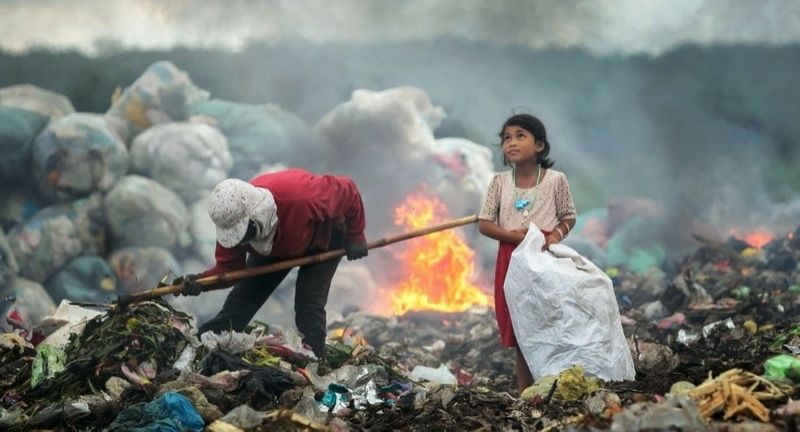
If the environment has occupied a tiny and belated place for researchers of geography, the trend has changed in recent years, as work academics and degrees focused on the environment are on the rise. Even though diplomas oriented towards this field amounted to less than twenty diplomas, only 7% for the Earth and Life Sciences, the environment is the set of living biotic factors likely to have effects on other living beings, especially humans. Universities in their scientific fields (Earth Sciences, Biology), Literary (Geography) and Law / Economics offer training courses focused on the environment.
What do you learn by studying waste management?
The study of waste helps understand how people live and carry out their vital functions (consumption, diet, health) and cultural (leisure, various activities), or professional. This is not divination: by studying the trash cans, we can establish trends in behavior, based on typologies carried out on the basis of analyzes of contents of garbage cans carried out over several years.
Such analysis is somewhat similar to other fields of study which aim to study the relationships that men had with their waste from one society to another. But how do you define the word waste?
The variety of household waste
First, appeared in the 14th century, the word “waste” comes etymologically from the verb “to decline” and expresses a general notion of depreciation. Common usage qualifies waste as a rejected product because without recognized possibility of use; dumped in the trash and left in the dumpster as garbage, it is intended for disappearance by burial in a landfill or by cremation, destruction in an incineration plant in the manner of a corpse.
A product qualifies as waste only from the moment it is deposited in the trash, i.e. from the moment its market value or social ceases to exist. This is the result of a loss of use.
It is also appropriate to note the various definitions of this term which are listed in dictionaries, such as “decrease in quantity or value (there is waste in the melting of the currency) or what is lost in the use of a material (meat waste, wasteo).
In 1972, the dictionary gave an unclear definition of the meaning of this word: “discredit, decrease”. Another definition of 1988 states “what falls from a material we work on, waste wool. Loss, part irrecoverable of something: fruit crates where there is waste. No one morally and physically degraded, a waste of humanity “. These definitions have given the term “waste” a pejorative connotation that also conveys the term “junk” and the idea that we have of waste is fundamentally negative: it is something that no longer serves any purpose, that encumbers.
Pluralized, waste is defined as follows: “debris, food scraps that are unfit for consumption or use (throw waste in the trash); materials rejected as not of immediate value or left as residue from a process or operation. Non-combustible and unnecessary products from metabolism of living cells, intended either to be rejected (carbon dioxide, excreta, urine, sweat …), or, especially in plants, to be accumulated separately general circulation (latex, oleoresins, alkaloids, etc.) ”. Dictionaries certainly define this term, nevertheless the definitions provided are hardly explicit.
